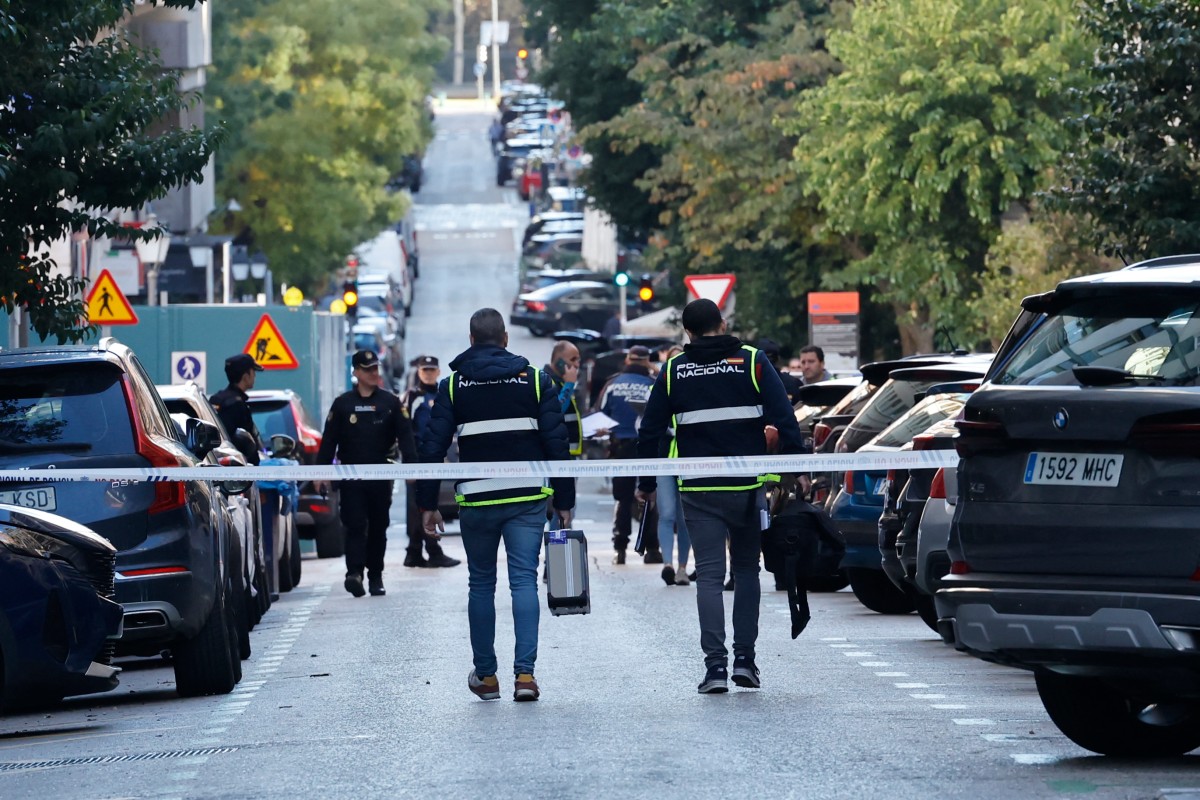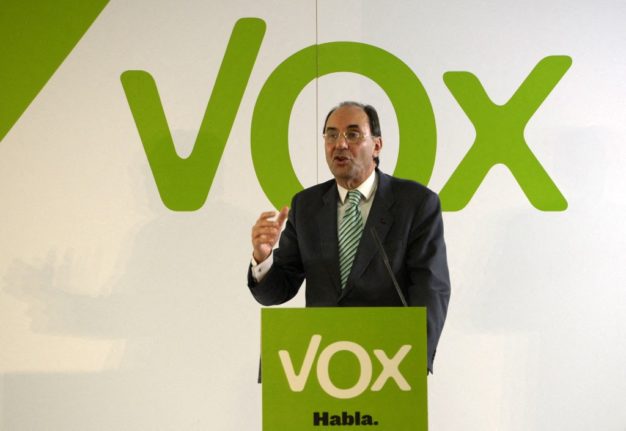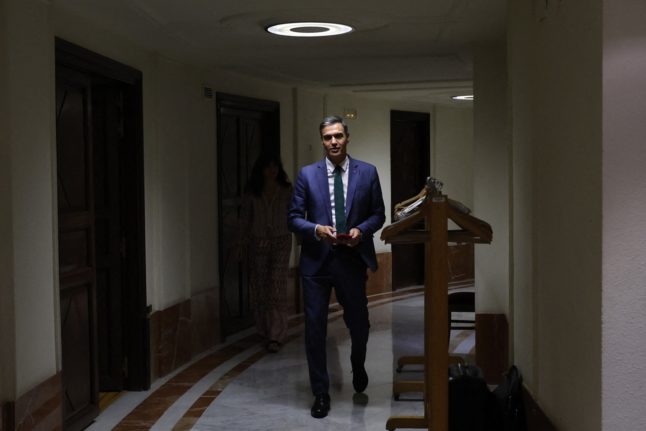Emergency services in the Spanish capital on Thursday November 9th rushed Alejo Vidal-Quadras Roca (78) to Madrid’s Gregorio Marañón hospital after receiving a bullet to the jaw.
Although he has been seriously injured, Vox’s leader Santiago Abascal has claimed his life is not in danger.
“He was conscious and taken to hospital,” a police source told news agency AFP, adding that the National Police homicide unit was leading the investigation.
The shooting took place at around 1.30pm in Madrid’s upmarket Salamanca district.
READ ALSO: Who shot the founder of Spain’s far-right Vox party?
Spanish media has reported that a person on a motorbike approached the politician and fired at him at point-blank range.

Police have not yet arrested or identified the perpetrator.
Quiero trasladar mi solidaridad y deseos de pronta recuperación a Alejo Vidal-Quadras.
Todo mi afecto en estos momentos para él y para su familia.
Confiamos en que la investigación pueda esclarecer cuanto antes los hechos y se detenga a los responsables.
— Pedro Sánchez (@sanchezcastejon) November 9, 2023
Although the reason for the attack is also unknown, it comes at a time of heightened political tensions in Spain, with right-wing demonstrations taking place across the country to protest the amnesty acting PM Pedro Sánchez has granted Catalan separatists in return for their support.
Vidal-Quadras, a former vice president of the European Parliament, founded Vox in 2013 together with other right-wing politicians.
He was also the president of Spain’s centre-right Popular Party in Catalonia from 1991 to 1996.



 Please whitelist us to continue reading.
Please whitelist us to continue reading.
Member comments